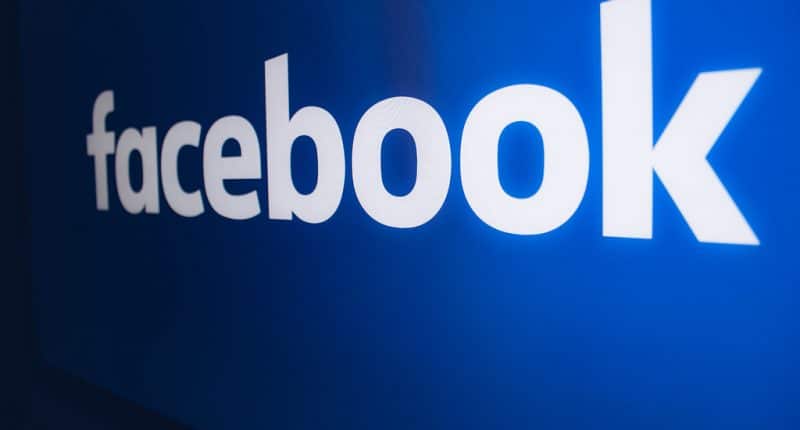Facebook has been shrouded by legal controversies, as the company struggles to get through one of the most eventful quarters it has had in its entire lifetime. While it managed to win some battles, as it gains temporary reprieve from court over EU antitrust authority’s probe, the situation back at home looks to be getting tense. Republican Senator Josh Hawley introduced legislation to penalise big tech companies for showing targeted ads.
Facebook’s win:
Facebook has been in the crosshairs of EU antitrust authority for a while now, facing scrutiny over its large catalogue of online platforms and marketplaces and asking the company to turn over data for further investigation. Facebook said that the data that the European Commission was asking to turn in had information that is not needed for a probe, and constitutes highly personal data. In fact, the company sued the antitrust watchdog on July 15 at the Luxembourg-based General Court under the aforementioned charges.
And as it turns out, Facebook has registered its first win against the authority, which has been instructed to stop the requests until the court makes a final decision. It also asked to implement interim measures to stop a request that was made on May 4, with a daily penalty payment of 8 million euros ($9.4 million) in case it fails to comply.
Facebook’s loss:
While the situation seems to be tipping in the company’s favour in the overseas market, things are taking a turn for the worse for Facebook back home, where a new legislation has been introduced to penalise tech giants that show targeted ads. This has been done to curb the flagrant and invasive data gathering by large technology companies such as Facebook and Alphabet’s Google that target users based on their behavioral insights.
The bill has been titled “Behavioral Advertising Decisions Are Downgrading Services (Bad Ads) Act,” and aims to threaten the Section 230 of U.S. constitution, part of the Communications Decency Act — that shields online businesses from lawsuits over content posted by users.
President Donald Trump has already signed an executive order that seeks new regulatory oversight of tech firms’ content moderation decisions, after getting into a feud with Twitter, and is thus, in full support of the removal of Section 230.
Moreover, CEOs from 4 big tech companies- Amazon, Apple, Google and of course, Facebook, have been summoned to the Congress, where they will appear to explain their way out of an antitrust probe.
The Tech Portal is published by Blue Box Media Private Limited. Our investors have no influence over our reporting. Read our full Ownership and Funding Disclosure →






